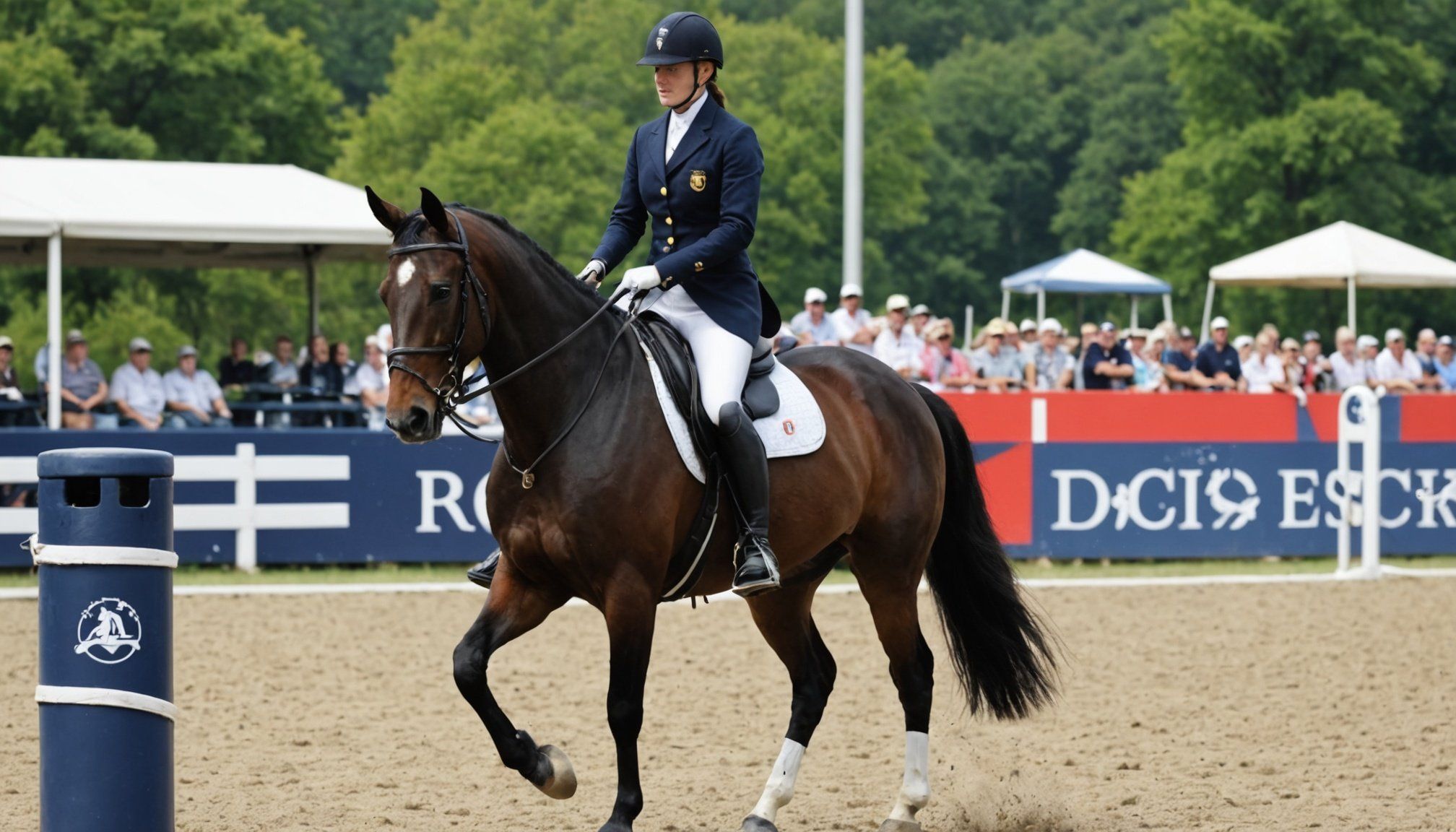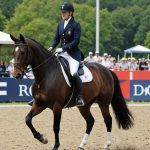Importance of Psychological Debriefing in Equestrian Sports
Psychological debriefing plays a crucial role in equestrian sports, especially after high-pressure competitions. It aids in the processing of emotions and enhances mental resilience, essential for both equestrians and their horses. This resilience is a key factor that directly influences performance and helps athletes remain composed in challenging situations.
Equestrian sports often involve intense moments, and the ability to recover mentally from these events is significant. Here, the importance of mental resilience is underscored. Riders who can maintain and strengthen their mental toughness are more likely to manage stress effectively, leading to improved decision-making and performance evaluation. Evaluating performance post-event is important for ongoing growth and improvement.
Also read : Grip like a pro: elevate your disc golf accuracy with expert techniques
Moreover, performance evaluation is fundamental for learning and adaptation in future events. Reflecting on what happened during a competition allows athletes to identify strengths and areas for improvement. This process is beneficial for setting realistic goals and strategies to surpass previous achievements.
In sum, psychological debriefing, mental resilience, and thorough performance evaluation compose a comprehensive approach to enhancing and sustaining success in equestrian sports. This methodology emphasizes the psychological aspect as much as the physical, ensuring a holistic development pathway for both horse and rider.
Also read : Revolutionizing Football Injury Rehab: How Interdisciplinary Teams Boost Athlete Recovery
Key Techniques for Effective Debriefing
Implementing debriefing techniques effectively requires a blend of structured sessions, strategies for emotional processing, and exercises aimed at building mental resilience.
Structured Debriefing Sessions
Organising formal debriefing meetings involves creating a structured and supportive environment. These sessions should offer a safe space where equestrians feel comfortable sharing their experiences without judgement. It’s crucial to establish a routine where participants can reflect systematically, encouraging honest dialogue about their emotional states and performance.
Emotional Processing Strategies
Equestrian athletes benefit from techniques that aid in articulating their feelings post-competition. Strategies include guided verbal debriefs and reflective writing, allowing riders to process emotions constructively. It’s equally important for horses to emotionally recover, which could be facilitated through familiar routines and positive reinforcement to ease stress.
Mental Resilience Exercises
To develop mental toughness, equestrians can engage in mental exercises focusing on visualization and mindfulness. Visualization helps in mentally rehearsing scenarios to enhance readiness and confidence. Mindfulness practices promote calmness and focus, assisting in managing anxiety and improving resilience. These exercises collectively support a stronger psychological framework, enabling athletes to navigate challenges with greater assurance.
Creating a Supportive Environment
A supportive environment within equestrian sports not only enhances performance but also nurtures psychological well-being. The role of coaches and handlers is instrumental in this context. They are responsible for fostering environments where equestrians feel encouraged and secure. To build a supportive atmosphere, open and effective communication strategies need to be prioritized within the team. This includes actively listening and providing constructive feedback to address both equestrians’ and horses’ needs effectively.
Equestrian sports thrive on trust and openness. Establishing these elements among equestrians and their handlers is crucial for any successful team dynamic. Trust ensures that riders feel confident in receipt of advice and support while openness breaks down barriers, facilitating more meaningful interactions. When equestrians feel they are heard and valued, they are more likely to engage fully in debriefing sessions, contribute to the psychological evaluation process, and benefit from mental resilience exercises.
In summary, team dynamics that emphasize supportive relationships and open communication significantly contribute to the psychological debriefing process, allowing both riders and horses to perform at their best while ensuring ongoing mental health and resilience.
Case Studies and Expert Insights
Examining case studies in equestrian sports reveals the psychological impact of debriefing on athletes’ long-term performance. One striking example is that of a professional equestrian team that effectively used debriefing techniques to significantly enhance their competitive outcomes. Initially, the team faced challenges with performance consistency and stress management. By implementing structured debriefing sessions, they transformed these obstacles into strengths, resulting in notable improvements in competitions. These sessions focused on emotional processing, giving team members the opportunity to express their concerns, refine strategies, and build mutual trust.
Success Stories of Effective Debriefing
Success stories demonstrate how debriefing can fortify psychological resilience. For instance, a rider who consistently engaged in mental resilience exercises reported a decrease in anxiety and an increase in focus during events. Such examples underscore the benefits of debriefing, extending beyond competition to influence personal growth and team cohesion.
Insights from Sports Psychologists
Experts argue that the incorporation of debriefing is vital to sustaining elite performance levels. Renowned sports psychologists highlight that this practice enables competitors to overcome mental and emotional barriers, thus fostering an environment conducive to optimal performance. By attributing the psychological well-being to structured debriefings, athletes achieve a more balanced mindset with lasting benefits.










